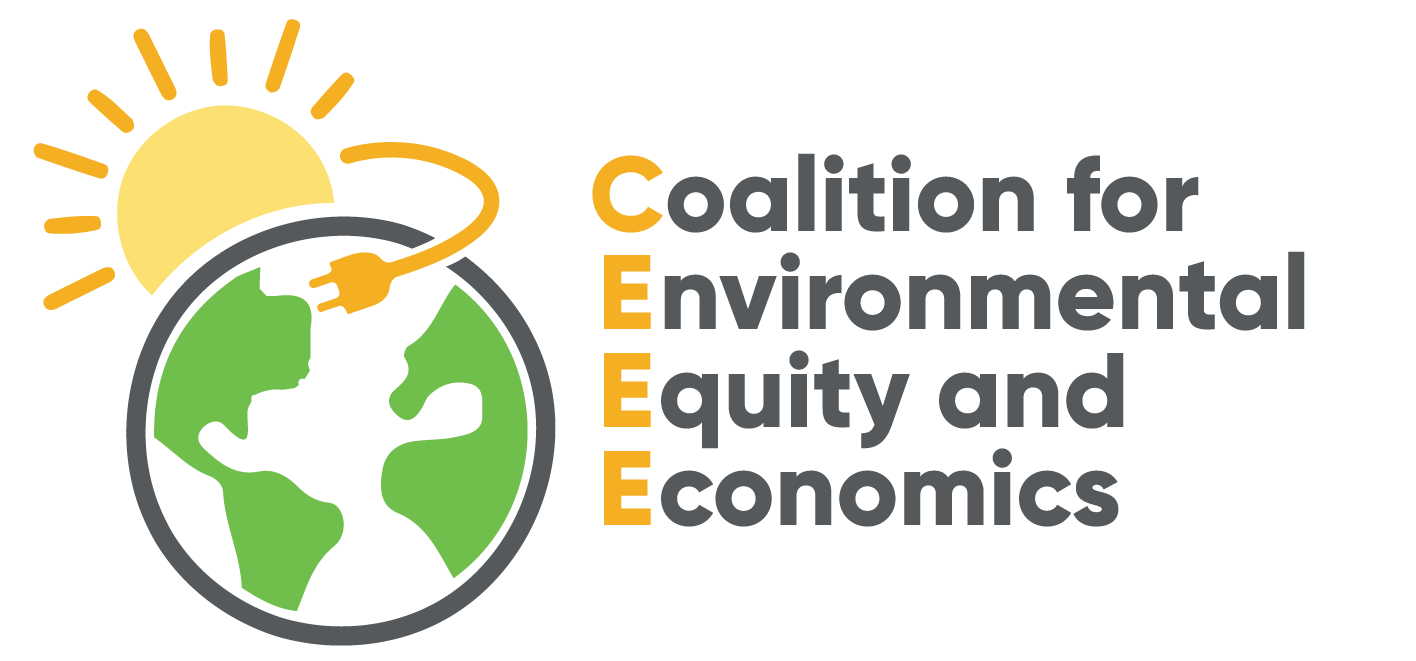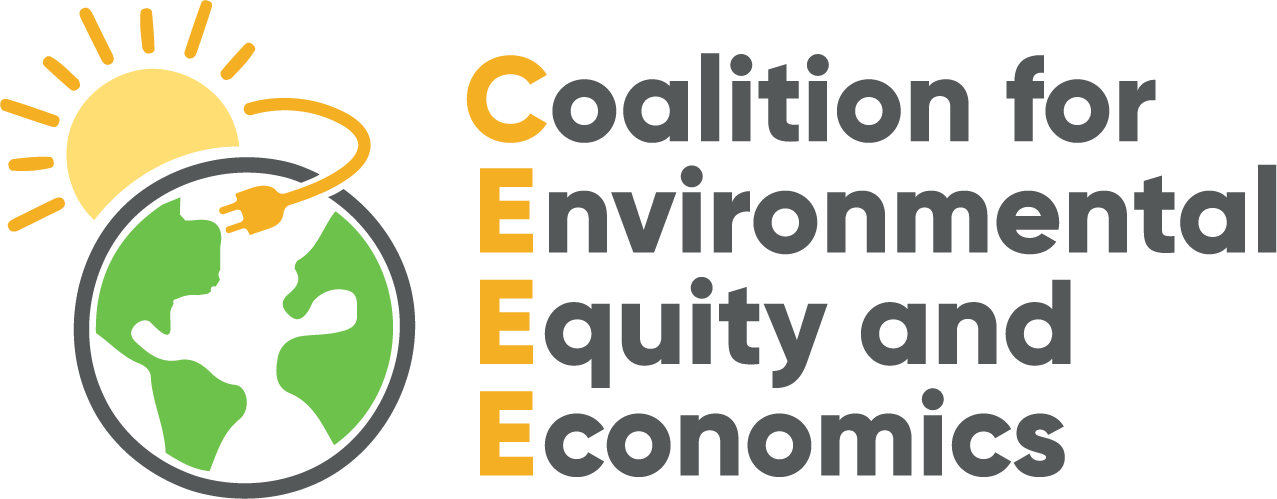We Were Warned
for years many advocacy organizations have opposed a fixed-rate utility tax.
Now, because of a last-minute deceitful law pushed by the monopoly utilities they have sadly abandoned their commitment to climate & environmental justice.
2018: NRDC opposed utility fixed fees, because, “these fees hit customers who use the least energy the hardest — primarily lower-income households and seniors on fixed incomes.”
2017: NRDC opposed utility fixed fees, because, “from every vantage point—equity, energy conservation, customer control of their energy bills, the ability for people to invest in distributed solar— it makes little sense to saddle homeowners and businesses with bigger fees before they even turn on the lights.”
2015: NRDC opposed utility fixed fees, because, “higher mandatory fees also force higher costs disproportionately onto the people who use the least electricity. The result? Those who consume less energy end up paying more, while the energy hogs get a break on their electric bills.”
Contact the NRDC and demand they change their position on the harmful Utility Tax: nrdcinfo@nrdc.org
2021: The Sierra Club opposed utility fixed fees in Wisconsin because “not only do the high fixed charges approved by the Commission incentivize energy waste, but they are also regressive by charging lower-use customers who tend to be lower and fixed income customers, more than higher-use customers. Because of existing societal inequities, communities of color are disproportionately low and fixed-income utility customers. Thus, while possibly unintended, by approving rates with high fixed charges the Public Service Commission disproportionately burdens lower and fixed income customers, people of color, and older customers.”
2015: The Sierra Club opposed utility fixed fees, and called out the origins of this deceptive approach. “The new strategy, handed down by the Edison Electric Institute, is to increase the fixed monthly charge on the bills of all residential customers, thereby making a smaller portion of that bill vary with the customer’s electricity use. When customers can avoid less of their bill through energy efficiency or installing rooftop solar, their incentive to make those investments is substantially reduced… High fixed charges are also regressive. Bills for low-use customers will go up, while the bills for high-use customers will go down.”
2015: The Sierra Club opposed utility fixed fees, because, “these hikes in fees take away the ability to control one's electric bill and will hurt fixed-income seniors and low-income people the most. This loss of control also diminishes the incentive to invest in clean energy and energy efficiency.”
2013: Sierra Club state director Kathryn Phillips stated that a California utility fixed fee of $10, “has no real purpose other than to discourage investment in roof-top solar and energy efficiency…”
Contact the Sierra Club and demand that they change their position on the harmful Utility Tax: member.care@sierraclub.org
Natural Resources Defense Council (NRDC)
The Sierra Club
The Utility Reform Network (TURN)
2019: TURN opposed utility fixed charges because “taken together, these changes would result in onerous and unjustified rate increases for lower usage customers.”
2015: The Utility Reform Network (TURN) opposed utility fixed fees because “The utilities' dream is to go to a single rate and a very large fixed charge. It's just like a flat mobile phone plan — it gives them perfect assurance of monthly revenues…It has nothing to do with rewarding the customers for conserving, or ensuring lower monthly bills.
2015: TURN opposed utility fixed fees because “it believes fixed fees on any customer are a bad idea. Fixed amounts buttress the utilities’ desire to add fees across the board, said Matthew Freedman, a TURN staff attorney. Utilities are interested in adding those for all customers, he said, and hope to start making them acceptable by first putting them on bills of those with NEM.”
Contact TURN and demand they change their position on the harmful Utility Tax: consumerhotline@turn.org
2020: The California Public Advocates Office opposed utility fixed fees because “they would not bring any benefits.”
2019: The California Public Advocates Office, who now supports higher fixed fees for Californians, opposed even a modest fixed charge increase of just fifteen cents per month, noting that “an increased basic charge will serve to decrease the control PacifiCorp’s residential customers have over the energy costs in their monthly bills.”
2019: The California Public Advocate’s Office opposed utility fixed fees because it would "bring significant adverse bill impacts on many small usage customers."
Contact PAO and demand they change their position on the harmful Utility Tax: PublicAdvocatesOffice@cpuc.ca.gov





